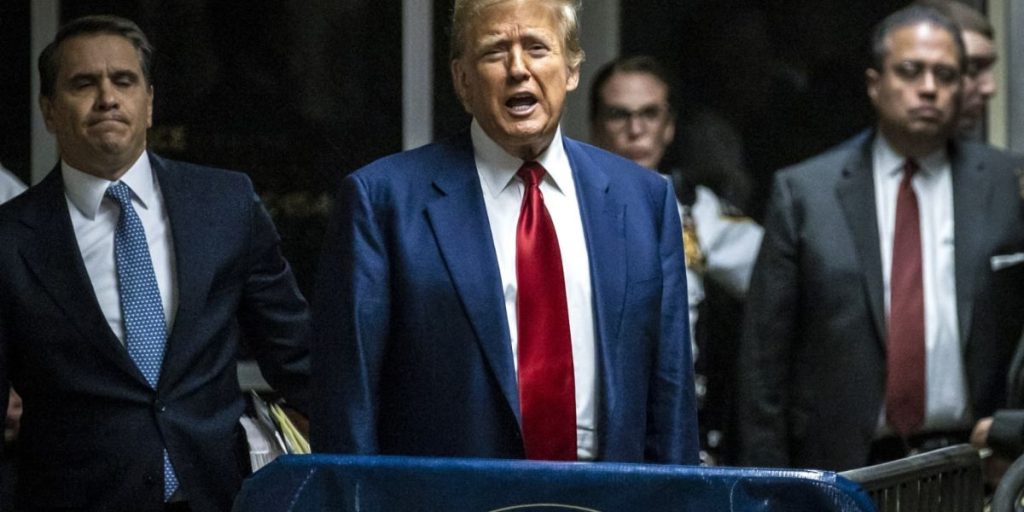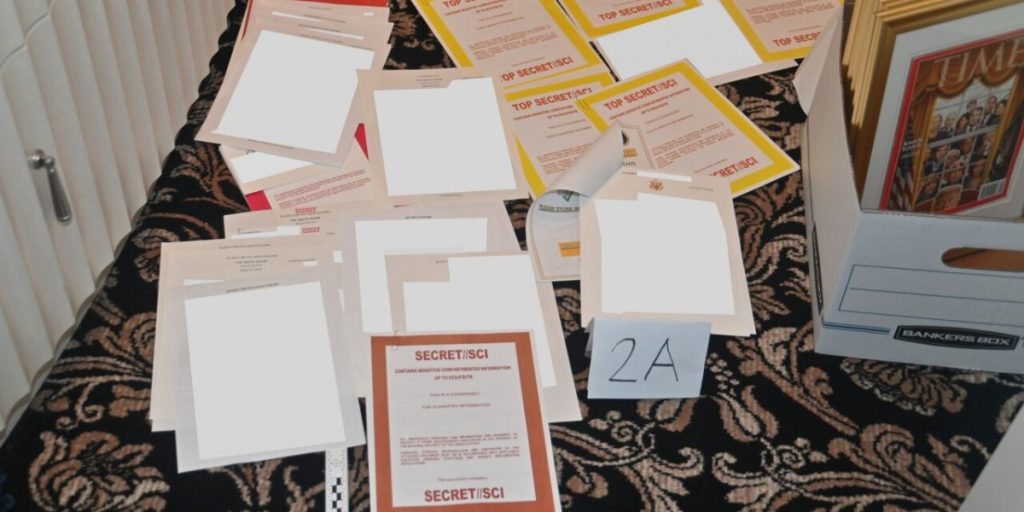The judge hearing former President Donald Trump’s secret materials case granted federal prosecutors a partial victory on Tuesday in a months-long struggle by granting their request to keep the names of government witnesses confidential.
U.S. District Judge Aileen issued the 24-page decision in response to special counsel Jack Smith’s request to review an earlier order that the government claimed may expose more than two dozen possible government witnesses in the Florida case to public scrutiny.
Under Cannon’s latest order, possible witnesses’ names will be censored, but large portions of their testimonies to investigators may be made public.

Cannon stated that redacting identifiable material would answer Smith’s worries about potential witnesses’ safety, eliminating the need to accept his “wholesale request to seal non-identifying substantive witness statements.”
She also criticized Smith in her ruling, claiming that his arguments and facts should have been presented earlier.
“Although the record is clear that the Special Counsel could have, and should have, raised its current arguments previously, the Court elects, upon a full review of those newly raised arguments, to reconsider its prior Order,” Cannon said in a statement.
A representative for Smith’s office declined to comment on the order, referring to the special counsel’s court papers on the subject. Trump’s lawyers did not immediately reply to a request for comment on Tuesday night.
The issue emerged when Trump’s team requested authorization to file an unredacted version of a motion to compel discovery from the government, saying that members of the Biden administration and the intelligence community should be included in Smith’s prosecution team.
Trump’s team included evidence to the sealed version of the motion, including names and statements from probable government witnesses. Smith objected to Trump’s request to unseal a motion containing personal information.

Last month, Cannon heard arguments on Smith’s move to reconsider her prior order to unseal the names, alleging that it might result in witnesses being frightened and harassed.
“This is not a hypothetical concern,” said David Harbach, an attorney for the special counsel’s team, during last month’s hearing. “It’s a real concern, and they know it.”
Emil Bove, one of Trump’s lawyers, responded that the Trump team was “not here to try to harm people or cause harassment to anyone.” Rather, Trump’s lawyers contended at the hearing that the exhibits contained witness information to back up their claims.
Cannon’s order states that public versions of Trump’s application to compel discovery and related exhibits will be accessible by April 22. The trial date for the case, which alleges that Trump mishandled sensitive data, has yet to be set.
Trump is accused of knowingly retaining national defense material and participating in a plot to erase security footage. He is facing more than three dozen accusations and has pled not guilty to all of them.
This is one of Trump’s four criminal indictments. He also faces accusations of allegedly conspiring to defraud the United States by working to sway the 2020 presidential election results and falsifying company records relating to hush money payments to an adult film star. He has pled not guilty to all of the counts as well.